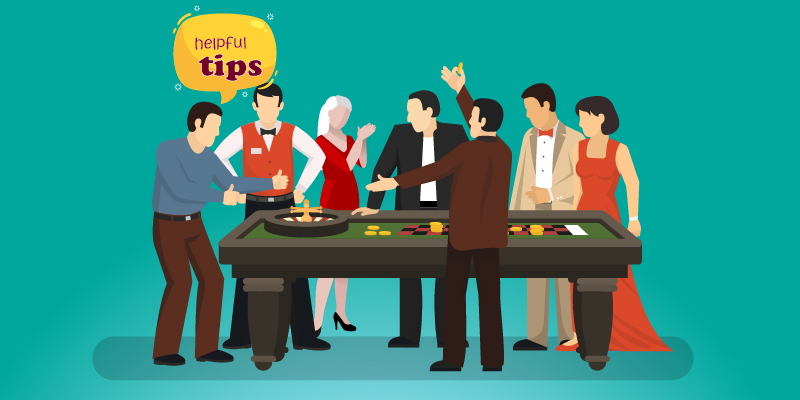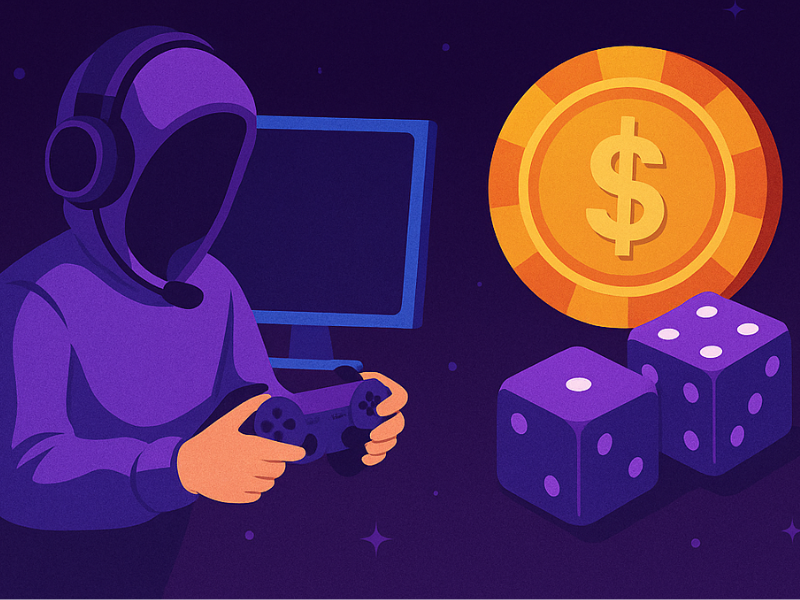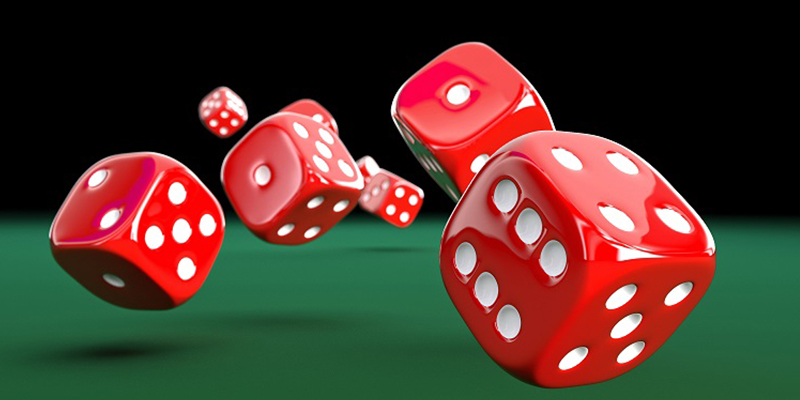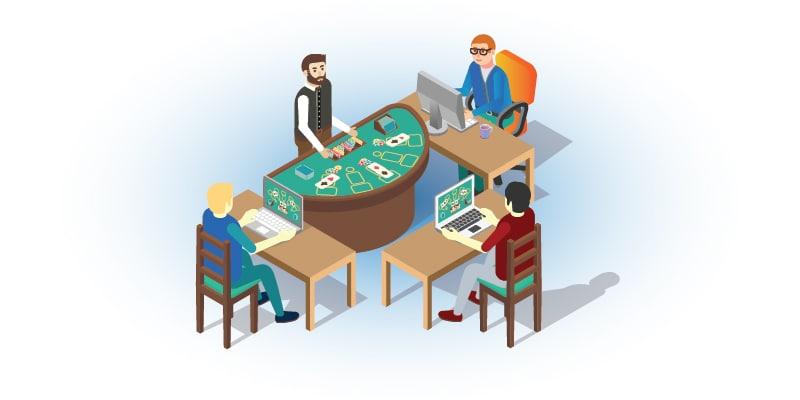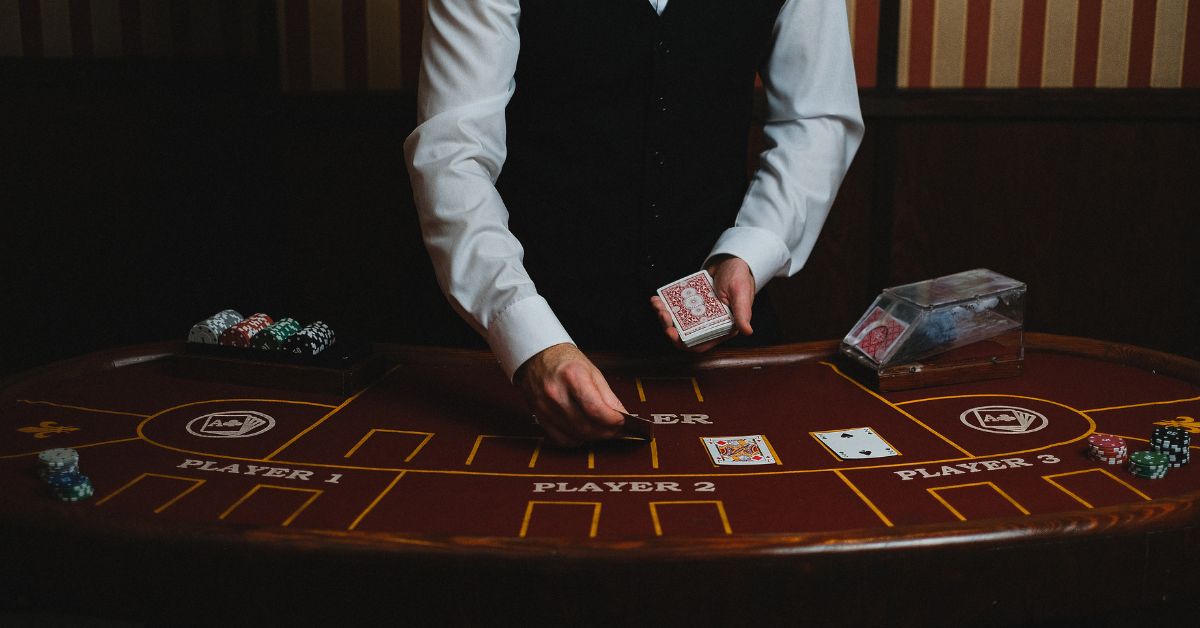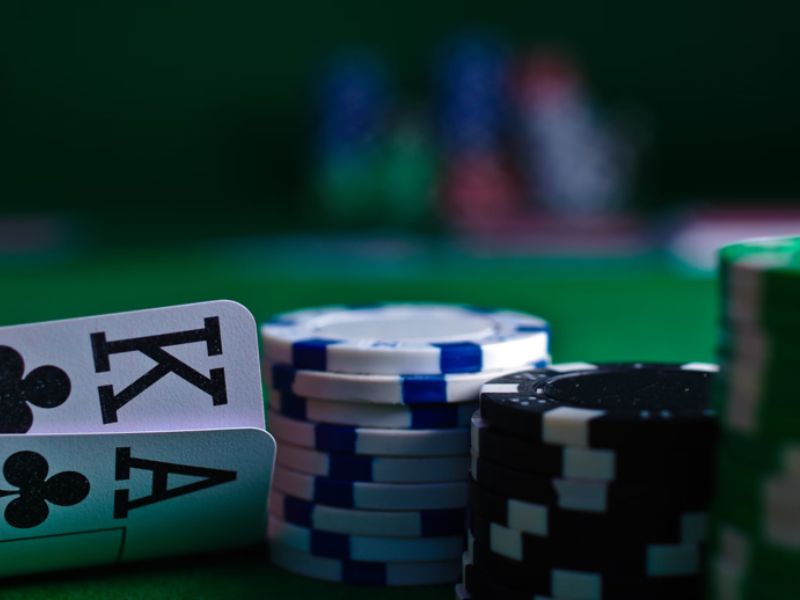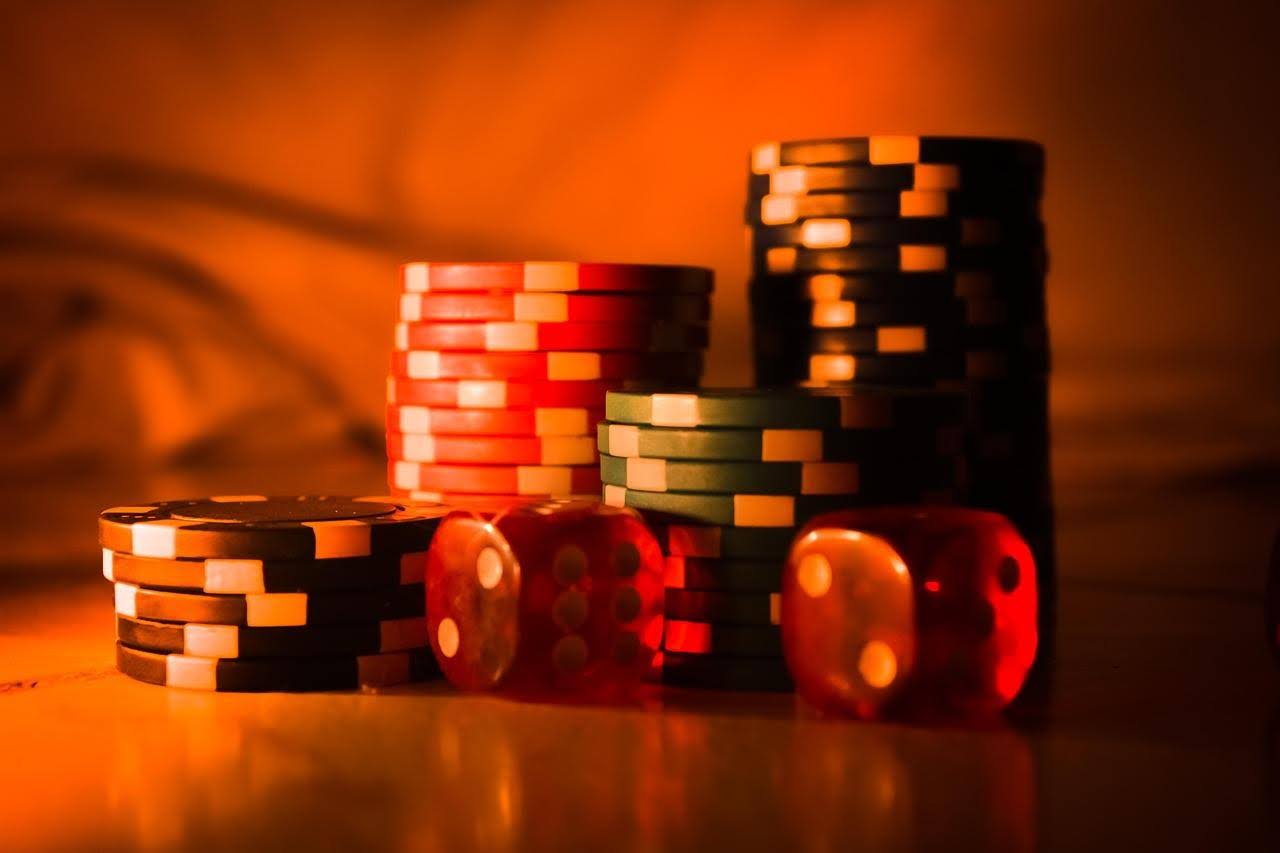Mastering Fear in Poker: How to Stay Calm and Make Smart Moves Under Pressure
I’ve played poker both professionally and recreationally for over a decade, and if there’s one thing that consistently ruins good play, it’s fear. Fear clouds judgment, kills confidence, and turns smart decisions into costly mistakes.
But here’s the truth: you can’t beat fear by ignoring it. You have to understand where it comes from. In this blog, I’ll break down the root causes of fear at the table and how learning to face them head-on helped me stay calm and make smarter moves under pressure.
My Turning Point: When Fear in Poker Cost Me a Major Pot
Let me tell you a quick story.
Years ago, I was deep in a mid-stakes tournament in Montreal with a $50,000 prize pool. I picked up pocket queens pre-flop. I raised, and the chip leader re-raised me. After some hesitation, I folded. I was scared he had kings or aces.
Turns out, he had pocket tens.
The flop came queen-high. That pot would’ve easily pushed my stack past $30,000 in chips, positioning me for a deep run and possibly a final table.
Why did I fold?
Not logic. Not odds. Fear.
That hand haunted me not because I lost, but because I realized I wasn’t playing my best. That moment changed how I play the game.
I realized fear doesn’t protect your bankroll but limits your long-term wins. From then on, I committed to making decisions based on logic, not emotion.
The Face of Fear in a Poker Hand
You’ve probably seen it: moments when a player hesitates just a second too long, grips their chips a little tighter, or avoids eye contact altogether. That’s fear, and in poker, it shows up more often than people think.
Fear doesn’t always look like panic. Sometimes it’s subtle. A quick glance at the stack, a deep sigh before folding, or an overly careful check on the flop. These small reactions often signal internal tension:
- Fear of losing money
- Fear of looking stupid
- Fear of strong opponents
- Fear of busting out
- Fear of making the wrong call
Let’s break down some common “faces” of fear at the table:
- Overfolding: You know that player who folds to any aggression? That’s fear of losing money or being wrong even when the math says they should call.
- Tank thinking: Taking forever to act isn’t always about strategy. Sometimes, it’s analysis paralysis caused by fear of misplaying the hand.
- Checking strong hands: Players scared of scaring off opponents may check when they should bet letting fear override value.
- Avoiding big pots: Even with decent hands, some players avoid confrontation. It’s not strategy; it’s the fear of going broke.

How Fear Kills Your Poker Edge
Fear doesn’t just make you feel bad; it actively works against your skill. You can study all the strategies in the world, but if fear hijacks your decision-making, your edge disappears. Here’s how it chips away at your game:
- Inaction becomes your default: You fold too much, check too often, and hesitate when aggression is needed.
- You try to control everything: Instead of accepting risk and variance as part of the game, you become obsessed with minimizing losses even when it costs you value.
- You pass up +EV plays: Fear keeps you from making profitable but risky moves, like well-timed bluffs or thin value bets.
- You become readable: Opponents start to see your passivity and exploit it. Your range becomes predictable because fear has narrowed it.
To play your best, you need more than technical knowledge; you need emotional control. And the first step? Understanding where that fear comes from.
How to Overcome Fear in Poker
Fear doesn’t just disappear because you read a few tips. It takes time, practice, and some serious self-awareness. But the good news? You can absolutely train yourself to handle it better. These are the steps that helped me stay calm and confident at the table, and I think they’ll work for you too.

Recognize and Name Your Fear
Start by being honest with yourself. Are you afraid of losing money? Looking stupid? Busting out early? Once you name the fear, you’ll start seeing how it sneaks into your decisions. That awareness alone is a huge step forward.
Replace Fear with Rational Thinking
When fear kicks in, I ask myself: “What’s actually happening here?” Focus on making the right decision based on logic, not the outcome. A well-played hand is still well-played, even if the river doesn’t go your way.
Ease Into Pressure
You don’t have to jump straight into high-stakes action. Challenge yourself gradually. Play tougher spots or higher stakes little by little. That kind of exposure helps you build emotional muscle and stay composed when it really counts.
Use Visualization Techniques
This might sound a bit out there, but it works. I spend time imagining myself in tough hands, staying cool and making smart decisions. That mental rehearsal helps me stay grounded when the heat is on.
Focus on the Process, Not the Result
Poker isn’t just about winning; it’s about making good decisions consistently. I’ve learned to judge my play by how I think, not whether I cashed. Mistakes? They’re just part of the process.
Manage Your Bankroll Wisely
This one’s big. Playing within your limits reduces pressure. Stick to the 5% rule for tournaments and the 1 - 2% rule for cash games. If you’re bankrolled properly, fear shrinks. When you’re not worried about the money, you think clearer and make better calls.

Practice Mindfulness and Emotional Control
A few deep breaths. A short break. A moment of silence. These simple things have helped me reset in stressful moments. You don’t need a full meditation session, just find what helps you stay present.
Review and Reflect
Look back at hands where fear influenced your play. What could you have done differently? I keep a poker journal to track these moments. It helps me spot patterns and build confidence over time.
Embrace Mistakes as Growth
Nobody plays perfect poker. I’ve made embarrassing mistakes at every level. But each one taught me something. If you can stop fearing failure and start learning from it, your game will level up fast.
Mistakes help you growth
Recognizing Emotional Tilt: Fear in Disguise
Fear doesn’t always look like panic. Sometimes it sneaks in through tilt. Here are signs you might be on fear-tilt:
- Chasing losses aggressively
- Calling too light just to "prove" something
- Over-bluffing to regain control
- Folding too much out of self-doubt
I’ve been there. The key is self-awareness. When you notice it, take a break. Walk away. Reset.
My Daily Mental Routine for Fear in Poker Control
Here’s something practical you can try. I call it my Pre-Session Reset:
10 minutes before the game:
- Breathe: 3 slow deep breaths.
- Remind myself: I’m here to make good decisions, not chase wins.
- Visualize: 1 tough hand scenario and how I’d calmly play it.
- Smile: Yeah, I smile. It loosens me up. Poker should be fun.
Doing this routine helps me play with a clear mind and that’s when I play best.
Smart Moves Under Pressure: Practical In-Game Tips
Now, let’s talk tactics. When fear hits mid-hand, here are some real tools I use:
Situation | What Fear in Poker Says | What I Do Instead |
Facing a big river bet | “Fold! You’re beat!” | Count combos. Ask: what does he really have here? |
Thinking of bluffing | “Don’t risk it; they’ll call.” | Ask: what story am I telling? What do they think I have? |
Low chip stack | “Push all-in now, or you’ll blind out!” | Breathe. Recalculate fold equity. Look for better spots. |
Bad beat just happened | “Get it back fast!” | Take 5 hands off. Regroup. Don’t let emotion control the next move. |
Final Thoughts: You’re Not Alone
If fear in poker has shaken your game, don’t worry as we’ve all been there. I’ve made costly mistakes too, but each one taught me something. The best players aren’t fearless; they just know how to handle fear when it hits.
You can get there too. It just takes awareness, practice, and a bit of patience with yourself.
The next time you sit at a poker table, pay attention to how fear shows up. Don’t fight it; study it. Learn from it. And use the tips I’ve shared to take back control.
See you at the felt!

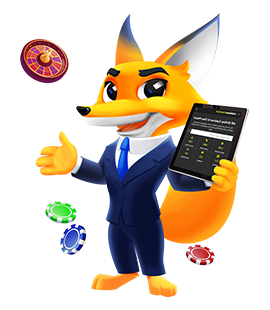

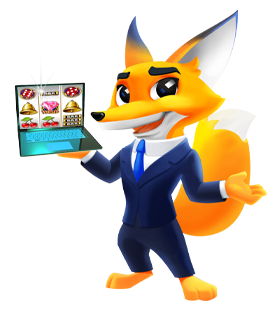



.png)
